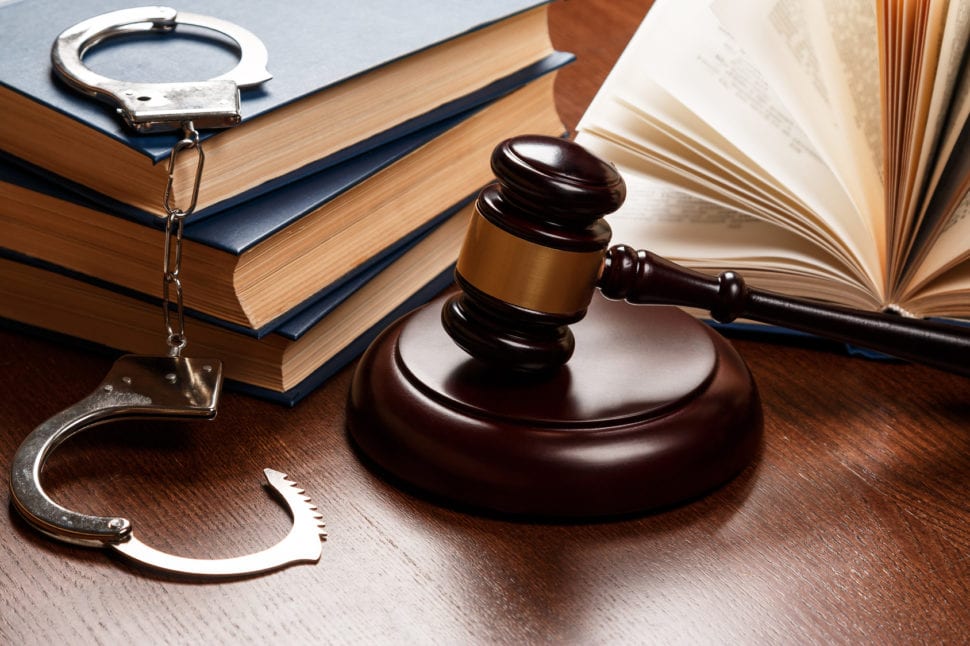A peek behind the scenes at how defense lawyers fight to protect their Customers’ rights
You have probably seen the picture hundreds of times in fiction or true crime tales: the defense lawyer passionately fighting for their client in the court, giving opening and closing statements, cross-examining witnesses, and persuading the prosecution. However most people never see the vast sums of behind-the-scenes work that criminal defense lawyers put into preparing for trial. While a positive and impassioned courtroom presence is undoubtedly important, lawyers who succeed in trial also require a good foundation of comprehensive trial preparation that occurs weeks and months before stepping foot into the courtroom. While each situation is unique and circumstances can fluctuate quite a bit, below are just a couple of common components of a defense lawyer’s trial preparation.
What is a trial and when does one take place?
For many different reasons, the vast majority of criminal cases in Ohio never proceed to trial. Other cases are resolved throughout the pre-trial process; for instance, a defense lawyer can file a”motion to suppress evidence” or even a”motion to dismiss charges” that can greatly benefit a defendant and possibly prevent a case from going to trial. If plea bargaining fails as well as the suspect doesn’t want to plead guilty, and also a judge concludes that there’s probable cause to believe a crime was committed, a trial will be scheduled.
Laying the groundwork: the significance of gathering all the facts
A superior criminal defense is built upon an extensive understanding of the situation and the defendant. A defense lawyer gathers information through a number of ways, including:
- Open and collaborative communication with his or her client to acquire a thorough personal and criminal background and to ascertain the client’s mental capacity/state of thoughts, timeline of the crime, and connection with the sufferer. As a result of attorney-client privilege, anything shared with one’s defense lawyer is totally confidential.

- A process called”discovery” that promotes fairness in trials, whereby the defense receives all of the evidence the prosecution has, including the charging document, police reports, laboratory evaluations, and witness statements. Defense attorneys scrutinize these records with great attention to assess the state’s evidence and look for holes that may help the defense or point to wrongdoing on the part of law enforcement when gathering evidence (e.g., illegal search and seizure, etc.).
- Independent evaluation to gather new evidence and verify the details of the situation.
Assessing and interpreting the signs: developing a theory of defense
Next, a defense attorney will analyze the collected facts of the case and create a”theory of defense” that encapsulates his or her customer’s version of the story and answers any doubts or questions that the prosecution will likely raise at trial. The best criminal defense attorneys utilize a team approach when creating a theory of protection; brainstorming and thinking beyond the box along with other expert attorneys contributes to the best and innovative defense strategies.
Bringing in outside Assistance to strengthen the defense’s case
Similarly, the successful defense attorney will bring in external consultants to lend their expertise to a case as required. Examples include:
- Expert Witnesses: In many cases in Ohio and elsewhere, attorneys will participate expert witnesses to help investigate a situation and insist on their client’s behalf at trial. An experienced trial attorney will locate and engage experts at the top of their respective fields, including forensic scientists, psychologists, medical doctors, and laboratory technicians.
- Trial Consultants: A defense group will even engage one or more trial advisers who may have a history in an area such as clinical psychology, and the social sciences, law, communications, or law enforcement. The role of such consultants changes by case, but can include helping with creating a defense strategy, creating presentations for use at trial, and counseling on sentencing recommendations.
- Jury Consultants: A jury consultant specializes in assisting lawyers pick the perfect jury for hearing their case. While attorneys aren’t allowed to exclude potential jurors based on factors such as age, sex, or race, the prosecution and the defense intention to weed out people that have potential biases and keep those who might be sympathetic to their arguments. A jury adviser can assist the defense staff ascertain which sort of juror can help or hinder their case at trial.
The takeaway: what to look for if you Require a trial Attorney
So what does all mean to you as an average citizen? Being mindful of the significance of pre-trial prep will come in handy should you ever find yourself in a situation heading toward a trial. If you need to hire a criminal defense lawyer, you will know to seek out the very best counsel: somebody who keeps you informed every step of the way, conducts independent investigations, also operates collaboratively both indoors and out his team to invent the best defense. Aligning yourself with a well prepared and enthusiastic attorney could very well mean the difference between acquittal and conviction.



